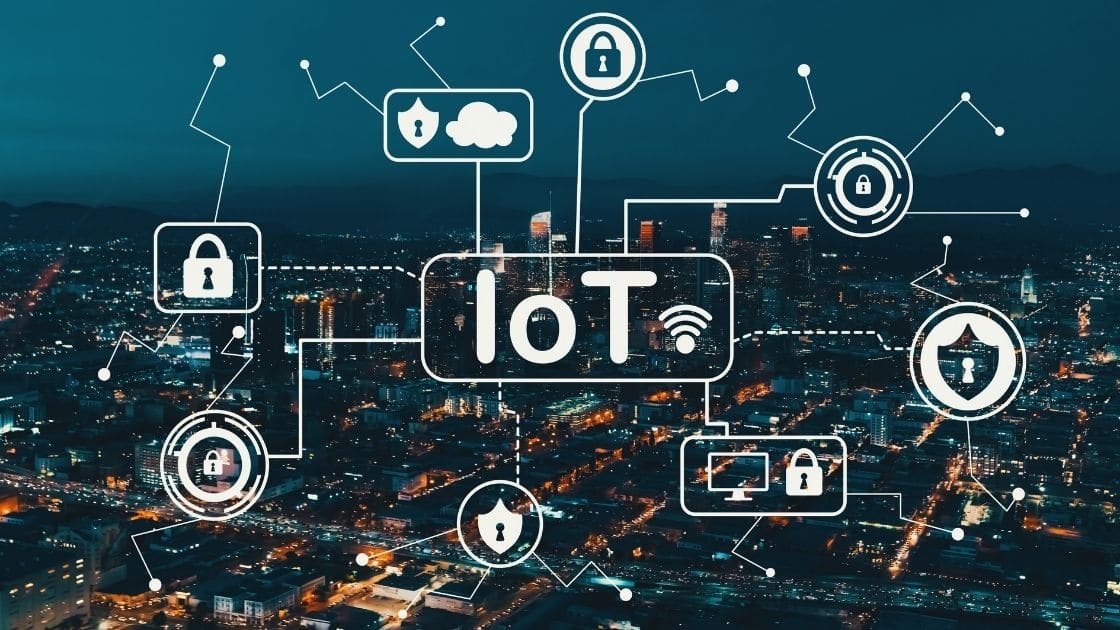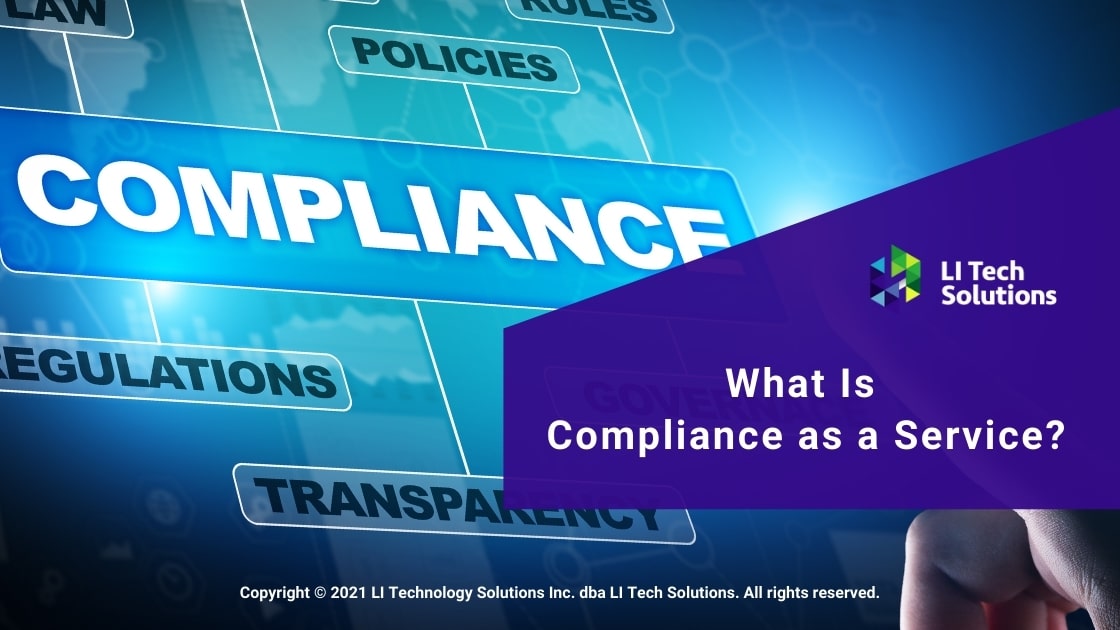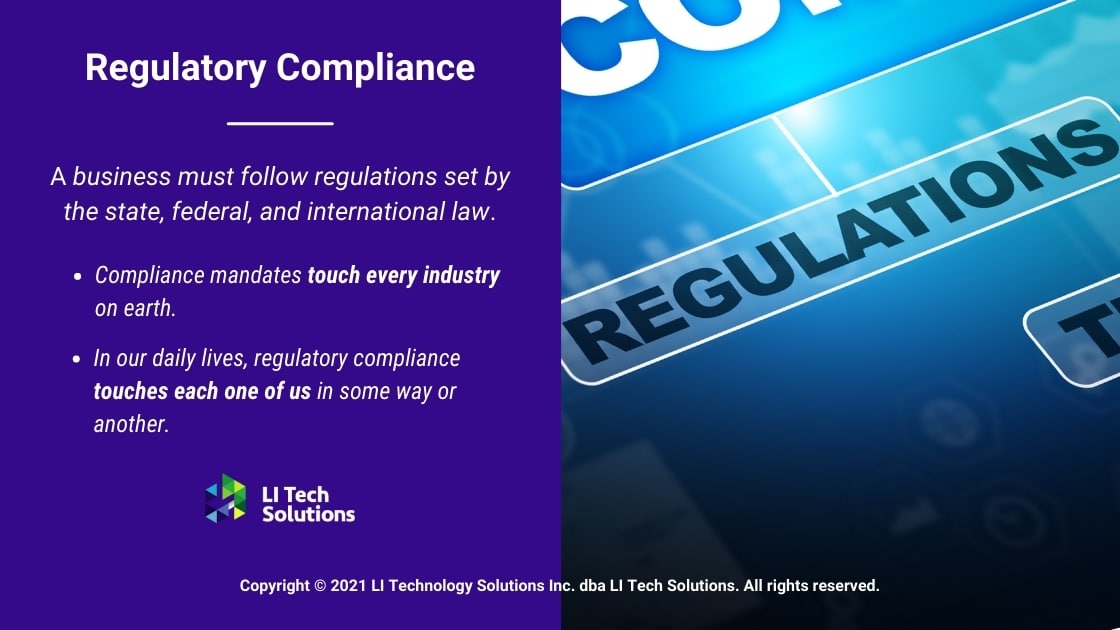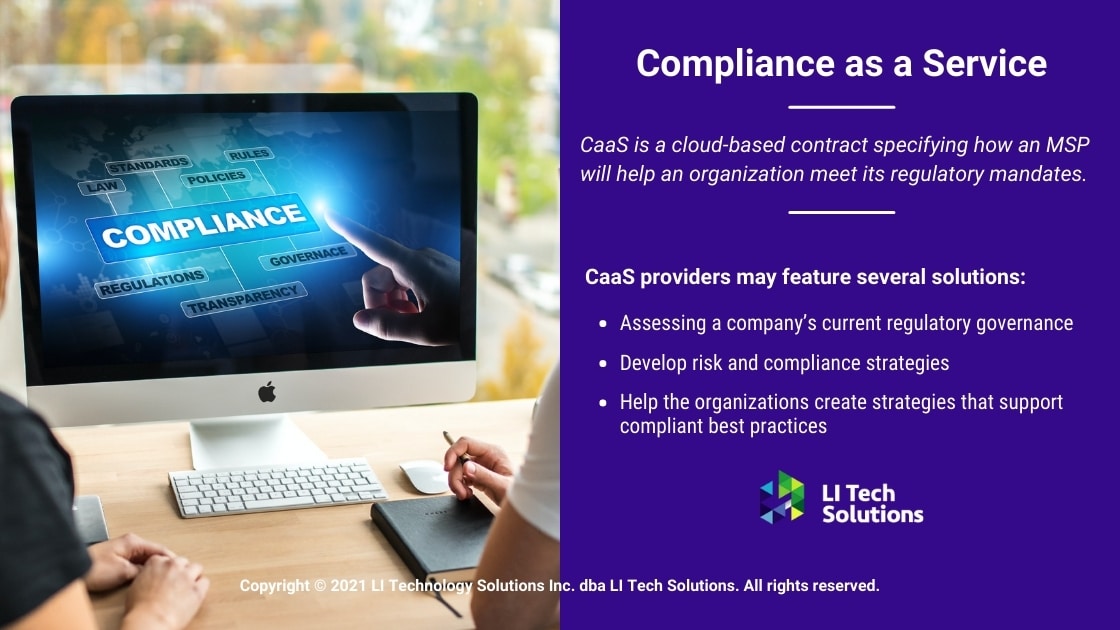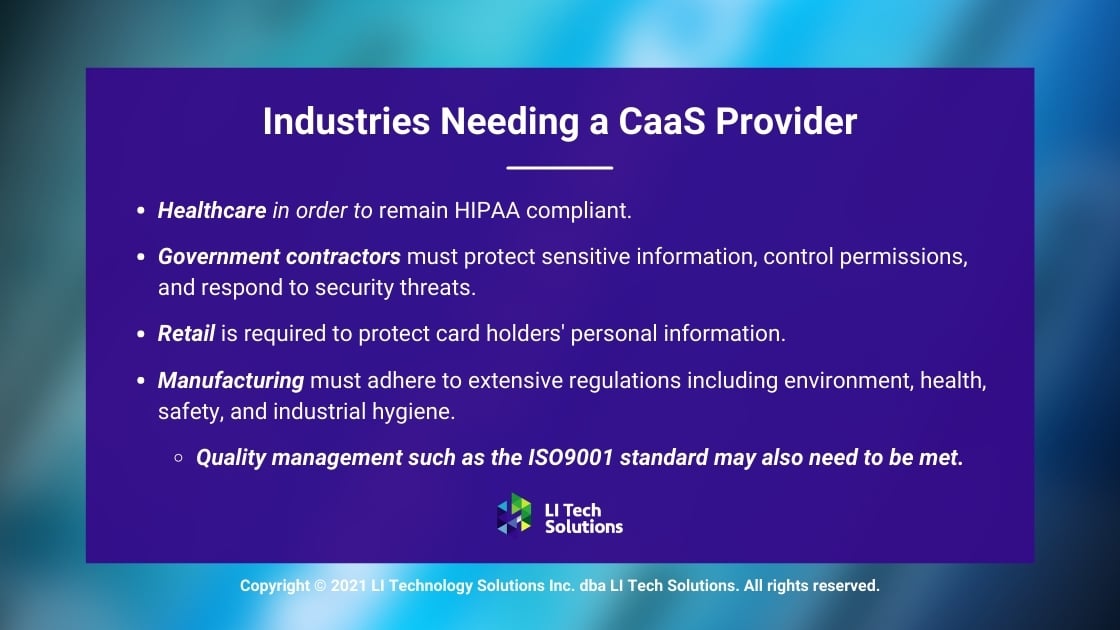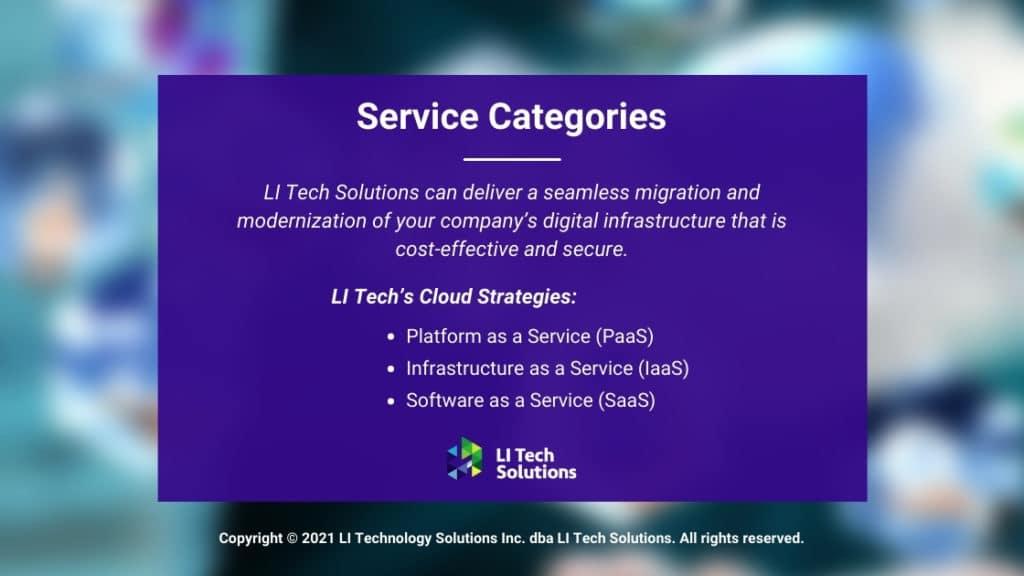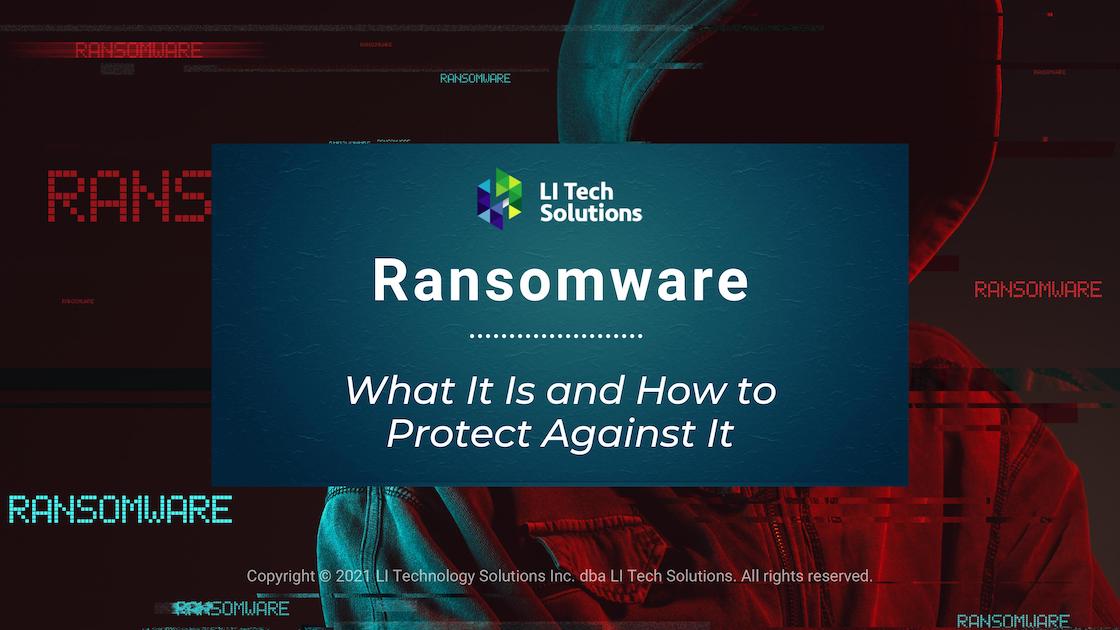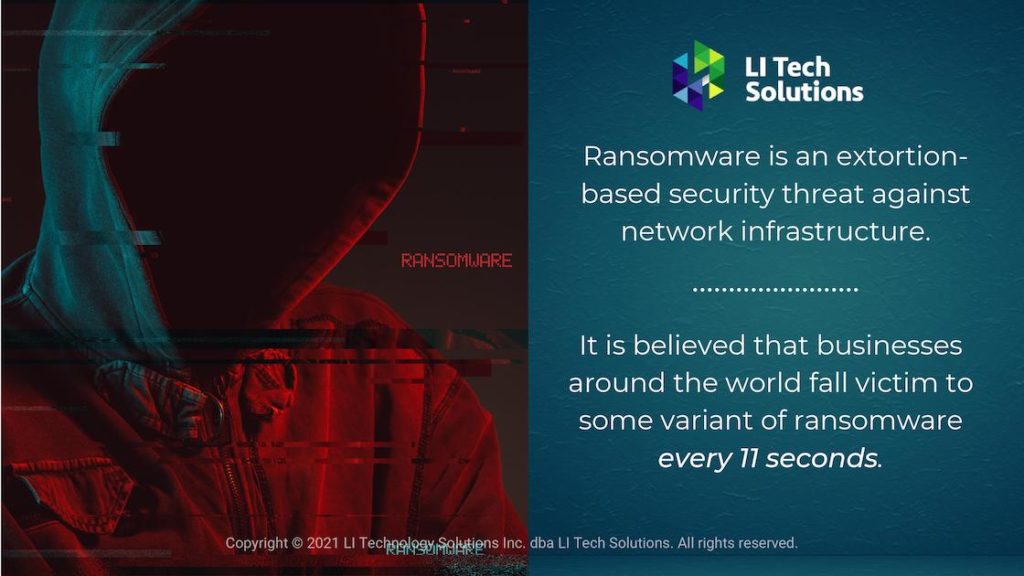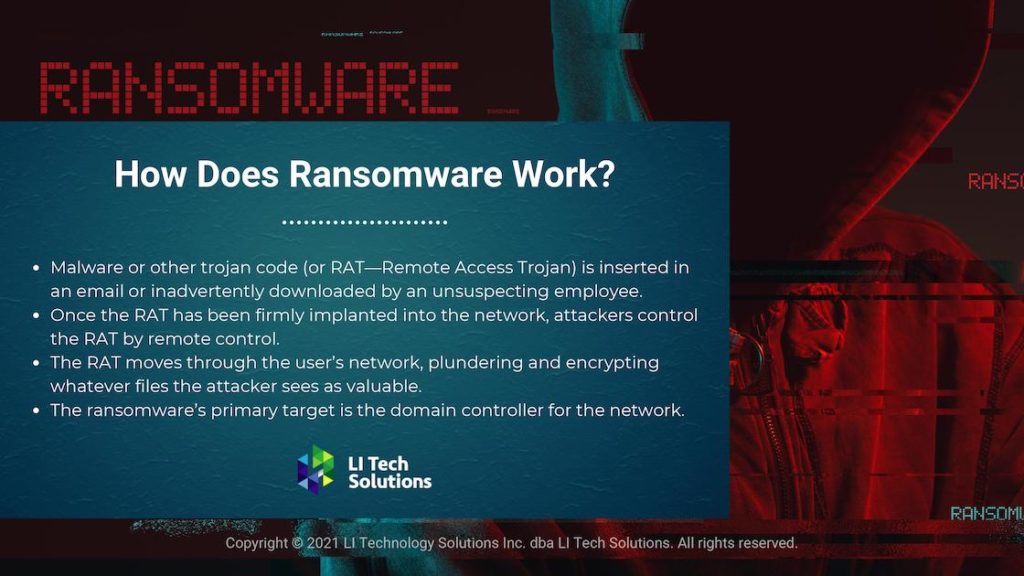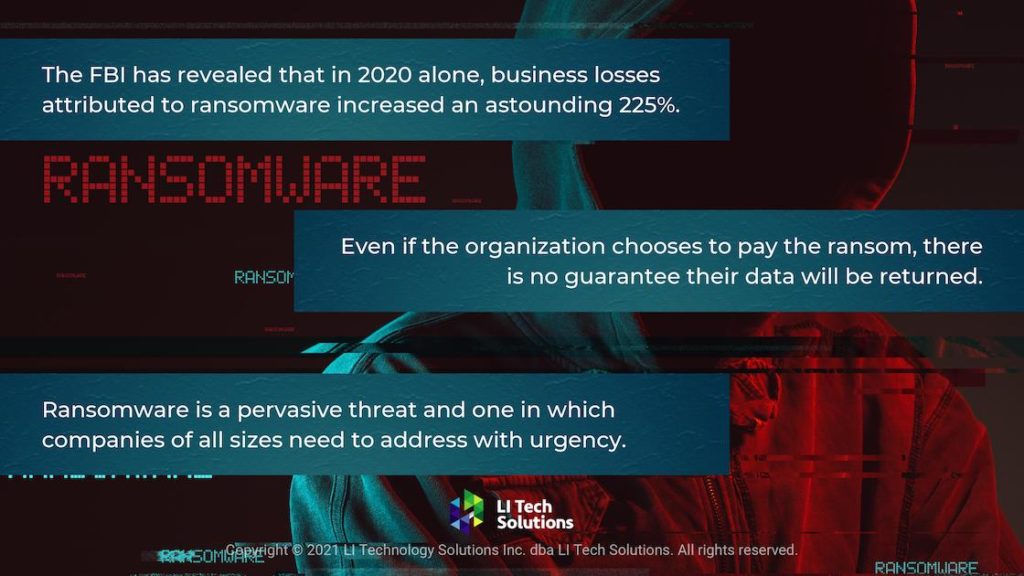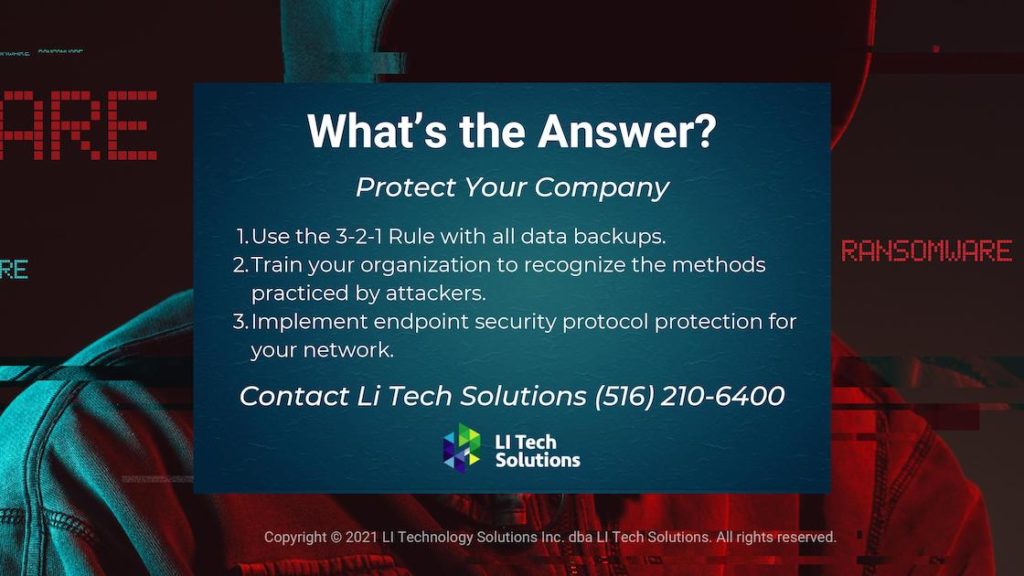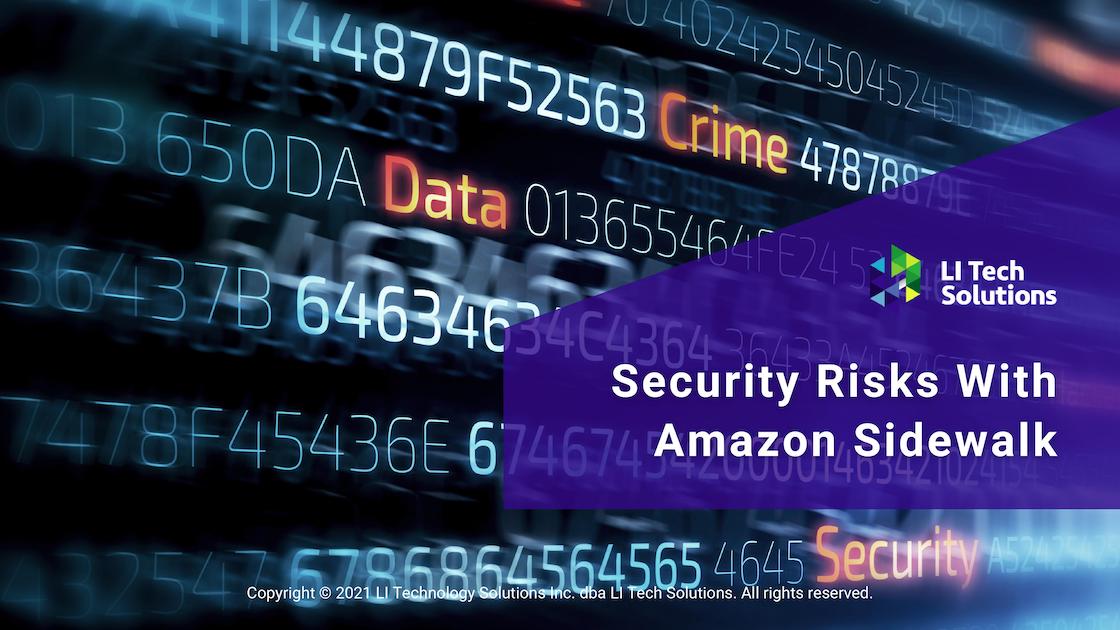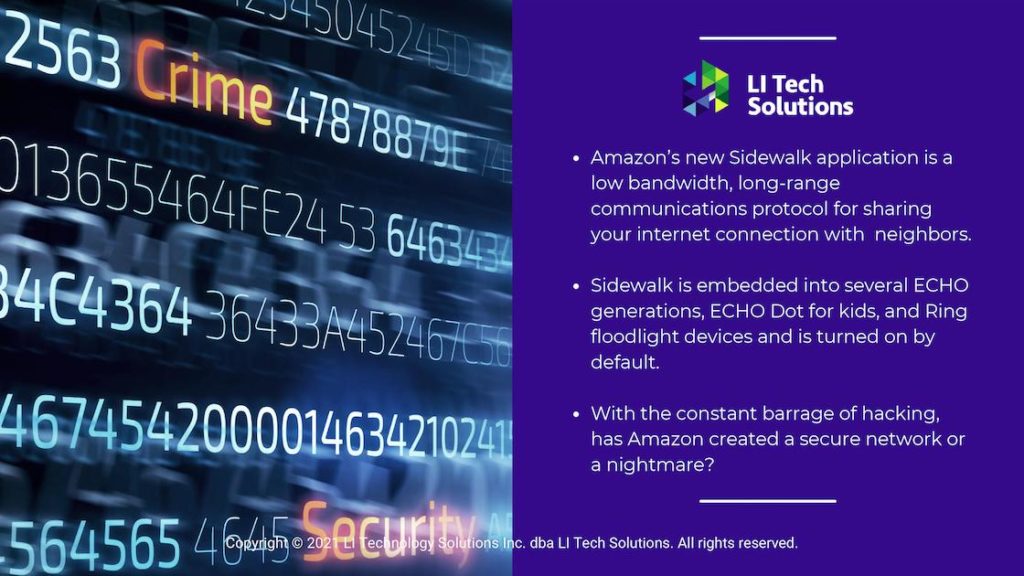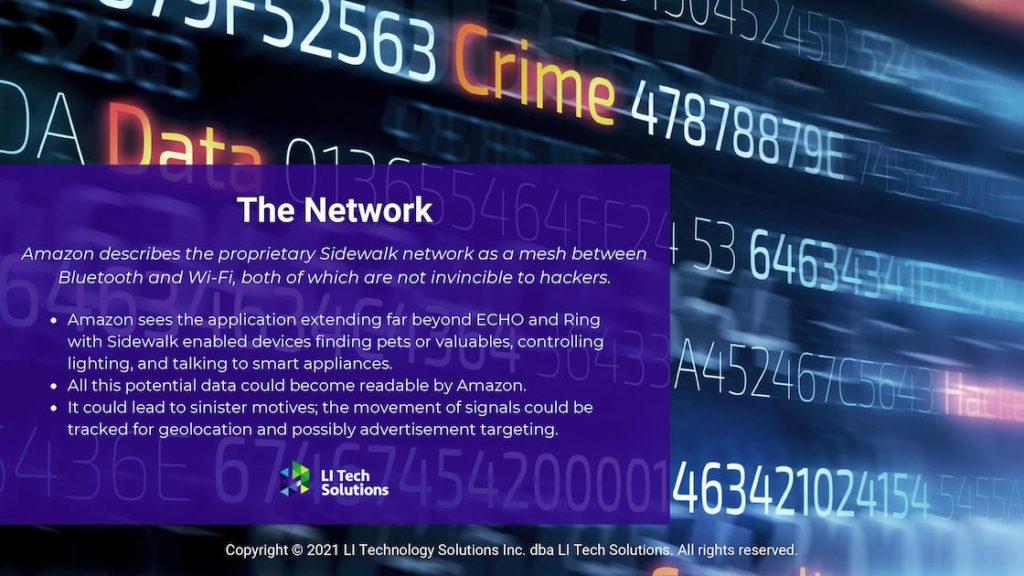Regulations for Securing the Internet of Things
We are living in the era of Digital Transformation and witnessing first-hand the proliferation of assistive technologies such as the Internet of Things (IoT). It is estimated that the global count of IoT devices will reach around 80 billion by 2025 — a figure that will outnumber the human population across the globe tenfold.
This IoT network of physical devices — “things”— designed with embedded sensors, software and other technologies for the purpose of connecting and exchanging data with other devices and systems over the internet, has generated greater access to data and analytics across all industries and can increase the efficiency and agility of business operations.
The downside of this rapidly emerging technology is in the ability to secure and protect the integrity and privacy of the personal and sensitive information being collected, processed, stored and shared by these IoT devices every day.
Cybercrime is also growing at exponential rates, increasing the risk at which IoT devices and the data they access could fall victim to cyberattacks and unauthorized exposure. To date, security for IoT technology has not been a priority or a required part of manufacturing.
However, as hacking incidents and data breach disasters continue to flood the headlines, we are starting to see many global regulatory bodies take action to implement some comprehensive guidelines and security standards aimed at improving the security of IoT devices in order to ensure that the data they interact with is protected.
Some noteworthy global IoT regulations already in effect include:
The EU Cybersecurity Act and the European Telecommunications Standards Institute ETSI TS 103 645 technical specification are currently leading the charge in European standard frameworks on cybersecurity controls for digital products and services, including consumer Internet of Things (IoT) devices.
In the USA, the IoT Cybersecurity Improvement Act of 2020 is a key milestone in securing IoT by establishing minimum-security requirements for any federal procurement of IoT devices. Additionally, it requires NIST to publish guidelines and standards on the management and use of IoT devices.
In the UK, the Department of Digital, Culture, Media and Sport (DCMS)’s Code of Practice for Consumer IoT Security includes 13 guidelines recommended for IoT devices aimed at protecting consumer privacy and safety, simplifying their secure use.
Best Practices and Strategies to Manage IoT Risks
While more new regulations are being implemented around the world, no global or industry universal standards or requirements for Internet of Things (IoT) security currently exist. Nevertheless, your business network and information assets are still at risk. It is imperative that you proactively begin implementing more preventative security controls to block unauthorized access to your IT network and ensure the protection of customer data or business IP connected to IoT devices.
Adopt Ongoing or Regular Risk Assessments
Every business using IoT should undergo a thorough risk assessment to identify and address any security gaps that might expose their network environment and systems to a cyberattack. A Business Impact Analysis will also help evaluate and measure the potential impact of disruption or downtime stemming from a data loss or breach incident — as well as identify which of your business-critical operations or processes need the most priority.
Establishing ongoing risk assessments and impact analysis as a standard part of your business operations is the best way to maintain strong cybersecurity defenses. However, these should be performed annually at a minimum. You can determine the frequency of these assessments based on the unique risks/needs of your business.
Keep Inventory of Your IoT Devices
One of the most important best practices to ensure safety of your Internet of Things (IoT) environment is to discover and maintain an updated inventory of all the IoT devices on your network and those connected to any remote or mobile devices. Make a point to regularly check for security patch updates for all devices manually, but leverage automation whenever possible. Integrating a solution that helps you discover, manage and monitor all systems and endpoints, including IoT devices, will increase visibility and enable better control of your business infrastructure and security posture.
Implement Principles of Least Privilege and Zero Trust as Standard Policy
Implementing the principles of least privilege and zero trust ensures that the right users have only the minimum access and permission settings necessary to perform their job responsibilities. It also ensures that no internal or external threat actor can take control of your network or IoT devices using compromised credentials by taking advantage of a user with excessive privileges within your organization. This is a good security practice to follow in general since it provides layered chokepoints for a hacker trying to establish a backdoor foothold.
Provide Thorough and Frequent Security Awareness Training for Users
The human factor has always posed a challenge for IT and data security. However, while employees can be a significant weak point in cybersecurity systems, a frequent and comprehensive user training program can prepare your entire workforce to become your secret weapon against cyberthreats. Regular training across a variety of IT security and data protection topics will arm your users with both knowledge and confidence, making them more cautious and vigilant in their daily activities, thereby reducing your overall risk and vulnerabilities.
Prioritize Security & Data Protection in Your Business
Loss of private customer data or business-critical data can not only result in major operational disruptions but also lead to reputational damage and even loss of customers. That said, doing your part to ensure the integrity and confidentiality of the data collected, processed and stored by your IoT devices is vital to long-term success.
Given the speed at which IoT is penetrating our everyday lives, it only makes sense to ensure that your business and its users follow the best practices needed to keep your IoT environment guarded against emerging cybersecurity risks and threats.
Get in touch with us today to find out how we can help secure your IoT environment.

